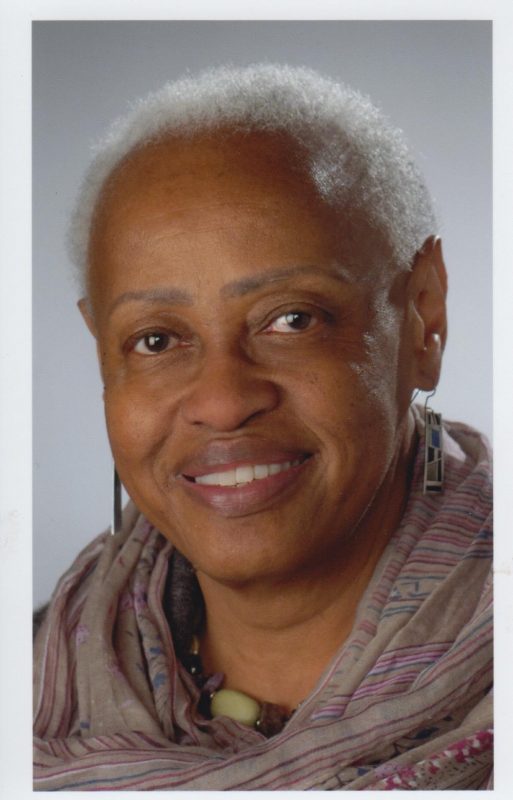Each month, we profile one of our “women of discovery” after whom the streets in our neighborhood are named, and some are even featured in our public art installations. Our newest profile is on archeologist Theresa Singleton, PhD, who continues to be instrumental in the study of African-American history, specifically her archeological and anthropological work exploring slavery in the Americas. Currently a professor at Syracuse University, Dr. Singleton has led and worked on excavations across the U.S. Southern states, the Caribbean, and in Africa. She has published multiple articles and books on her findings, making her one of the foremost experts in her field.
She started out her career path by studying anthropology as an undergraduate, where she also participated in an archaeological field study. Her interest piqued, she went on to do master’s level work in archaeology, and was the first African-American woman to earn a doctorate in historical archaeology and African-American history from the University of Florida in 1980.
 Driven by an interest in studying slave societies in the Americas, Dr. Singleton began her on-the-ground studies on the former slave populations in the state of Georgia – initial work that was included in her dissertation. She explored this area for several years, and eventually went on to use her knowledge in positions at the Smithsonian National Museum of American History and as a curator in the Department of Anthropology at the National Museum of Natural History. In these roles, she organized guides, exhibits, lectures, workshops and more based on her research.
Driven by an interest in studying slave societies in the Americas, Dr. Singleton began her on-the-ground studies on the former slave populations in the state of Georgia – initial work that was included in her dissertation. She explored this area for several years, and eventually went on to use her knowledge in positions at the Smithsonian National Museum of American History and as a curator in the Department of Anthropology at the National Museum of Natural History. In these roles, she organized guides, exhibits, lectures, workshops and more based on her research.
She has gone on to conduct archaeological research in West Africa, as well as on plantation life in Cuba and the Carribean. Dr. Singleton co-created the Gender and Minority Affairs Committee in the Society for Historical Archaeology and was the first African American to receive the J.C. Harrington Medal in Historical Archaeology.
In her current position at Syracuse University, she teaches coursework on Historical archaeology, African American history and culture, slavery in plantation America and Archaeology of the African Diaspora. She continues to write new books about her research, contribute to exhibitions and be a positive force for diversity in her field.


